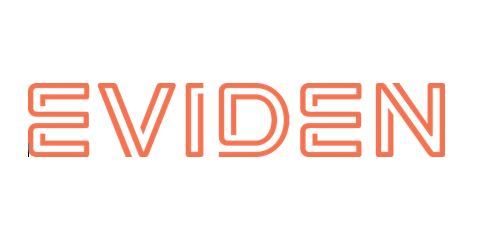 Today Univa announced a partnership with Sylabs to offer enhanced support and integration for Sylabs’ Singularity container platform in Univa Grid Engine and other Univa products.
Today Univa announced a partnership with Sylabs to offer enhanced support and integration for Sylabs’ Singularity container platform in Univa Grid Engine and other Univa products.
Customers are rapidly embracing containers for high-performance workloads and Singularity offers clear advantages,” said Gary Tyreman, CEO of Univa. “We’re delighted to be collaborating with Sylabs to make container technology easier to use and deploy. By improving interoperability between Univa products and Singularity, we can make it easier for customers to reap the benefits associated with container technology.”
While many customers use Univa Grid Engine and Singularity successfully today, customers usually need to spend time configuring their environments for the software to work together. Under terms of this agreement, the companies will work together to strengthen the integration and deliver seamless management of applications in Singularity containers on Univa Grid Engine clusters. Univa will also join Sylabs’ recently announced Global Partner Program to help ensure joint interoperability with a variety of other applications.
Effective workload management is critical to improving efficiency in HPC, analytics and AI,” said Greg Kurtzer, CEO, and founder of Sylabs. “Just as Singularity helps simplify the deployment of applications through container science, Univa does the same for enterprise workloads and infrastructure. Together, they streamline managing jobs and automating the deployment of ready-to-run clusters on-premises or on a customer’s choice of public clouds. The combination of these technologies is very powerful.”
 For applications in HPC, analytics, machine learning, deep learning and AI, containers offer many benefits. The Singularity container platform for enterprise performance computing is fast, lightweight, efficient and provides an easy way to package workloads for simplified deployment and cross-cloud compatibility. Despite the clear advantages, container adoption can be challenging due to concerns about security, compatibility with workload managers and technical challenges providing containerized applications access to MPI, InfiniBand, GPUs and other essential capabilities.
For applications in HPC, analytics, machine learning, deep learning and AI, containers offer many benefits. The Singularity container platform for enterprise performance computing is fast, lightweight, efficient and provides an easy way to package workloads for simplified deployment and cross-cloud compatibility. Despite the clear advantages, container adoption can be challenging due to concerns about security, compatibility with workload managers and technical challenges providing containerized applications access to MPI, InfiniBand, GPUs and other essential capabilities.
Singularity solves many of the technical challenges that had previously inhibited container adoption in the enterprise by enabling enterprises to package applications and their dependencies—including definitions, configurations, metadata, security keys and more—into a single file that is cryptographically verifiable to ensure 100% security, reproducibility, portability and mobility. Singularity offers built-in MPI support, direct access to specialized HPC hardware from within containers, and compatibility with container images pulled from DockerHub. Singularity also provides clear security advantages by removing the requirement that the container daemon runs as a privileged user.
Univa Grid Engine helps simplify application environments with sophisticated management and monitoring of containerized and non-containerized workloads by allowing these applications to co-exist and share resources efficiently. Navops Launch extends these capabilities with automated deployment of Singularity capable clusters and seamless application migration and bursting to local resources or a customer’s preferred public cloud provider. With Univa Grid Engine, containerized applications are managed just like other workloads with automated directory mapping, job control, job accounting and support for interactive and parallel containerized workloads. This high-level of compatibility helps minimize operational impact, allowing users to embrace containerized workloads easily.
Univa has offered native support for containerized workloads in Univa Grid Engine since May of 2016 and enhanced support for Singularity is a natural extension of this capability. “Customers need the flexibility to deploy workloads in a way that makes sense for their business, and it’s important that the technology doesn’t get in the way,” continued Tyreman. “Whether workloads are deployed natively, encapsulated in VMs, or deployed using various container technologies on-premise or in the cloud, Univa Grid Engine provides a single consistent interface for running, monitoring and managing applications.”



